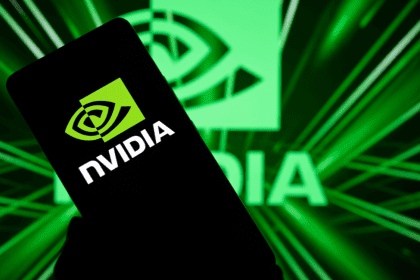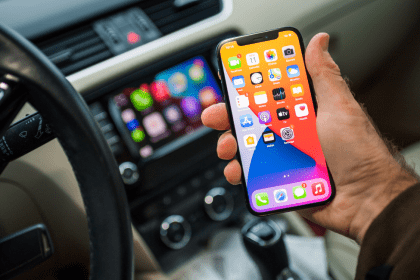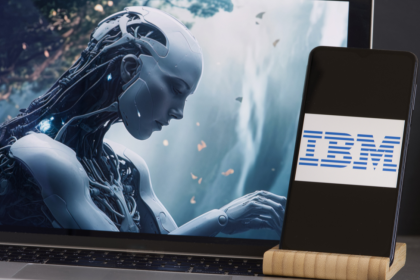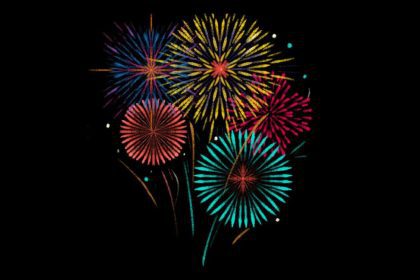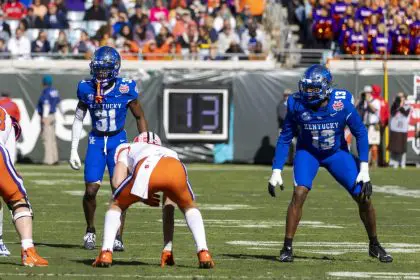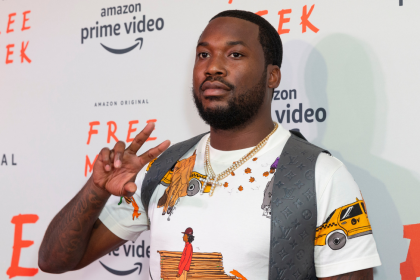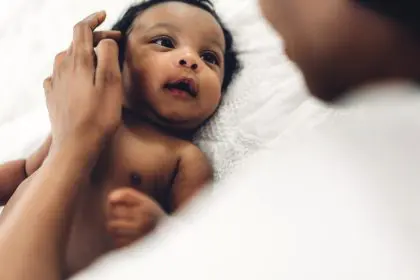Los Angeles has long been the epicenter of global entertainment, a city where dreams are spun into stories that captivate the world. Today, it stands at the cusp of a new era, driven not by traditional studios alone but by a dynamic fusion of artificial intelligence and digital creators. AI startups, fueled by venture capital and ambition, are reshaping how films and shows are made, while content creators harness these tools to tell stories that defy convention. This convergence is redefining Hollywood, blending technology with creativity in ways that promise both opportunity and upheaval.
The numbers underscore the shift. In 2024, Los Angeles-area startups secured $1.8 billion in venture funding, with AI companies leading the charge, according to CB Insights. Meanwhile, the creator economy, encompassing YouTube stars and TikTok influencers, generates billions annually, with Los Angeles as its beating heart. As streaming platforms like Netflix and Disney+ demand endless content, these innovators are stepping in, offering tools and talents that challenge the industry’s old guard. Here are five AI startups, numbered for clarity, that are helping content creators forge Hollywood’s next wave.
Moonvalley’s ethical video revolution
Moonvalley, a Los Angeles-based startup, has carved a niche by prioritizing ethical AI. Its video-generation model, Marey, launched in 2025 with $43 million in fresh funding, uses only licensed data, sidestepping the copyright controversies plaguing competitors. For creators, Marey offers a way to craft high-quality visuals without the legal risks, enabling everything from music videos to short films. The company’s commitment to transparency, allowing creators to remove their data, sets it apart in an industry wary of exploitation.
This focus resonates with Los Angeles’ creative community, where independent filmmakers and YouTubers seek affordable tools to compete with big studios. Moonvalley’s technology lets a single creator produce visuals once reserved for multimillion-dollar budgets, leveling the playing field. Yet, its guardrails, like blocking explicit content, reflect a cautious approach, balancing innovation with responsibility as Hollywood grapples with AI’s impact.
Runway’s visual effects overhaul
Runway, though New York-based, has a strong Los Angeles presence, collaborating with studios like Lionsgate to redefine visual effects. Its AI tools, used in films like “Everything Everywhere All at Once,” slash the time and cost of creating complex visuals, making it a favorite among content creators. In Los Angeles, where production costs can soar, Runway’s platform empowers creators to experiment without breaking the bank, from generating fantastical backgrounds to editing intricate scenes.
The startup’s appeal lies in its accessibility. A TikTok creator can use Runway to craft a viral video with cinematic flair, while indie filmmakers rely on it for storyboarding and post-production. Its partnership with Lionsgate, which trains models on the studio’s catalog, hints at a future where AI streamlines Hollywood’s pipeline, though concerns linger about job displacement for traditional effects artists.
Deepdub’s global storytelling
Deepdub, with operations in Los Angeles, tackles the challenge of language barriers in content creation. Its AI-driven dubbing platform, backed by $26 million in funding, translates and localizes films and shows with startling accuracy. For Los Angeles creators aiming for global audiences, Deepdub means a YouTube series or short film can reach viewers in dozens of languages, amplifying reach and revenue potential.
The technology has already dubbed entire feature films, a feat that once required months of human effort. In a city where streaming giants prioritize international markets, Deepdub’s tools are a boon for creators who want to scale their work without losing authenticity. However, its rise prompts questions about the future of voice actors, a reminder of the delicate balance between efficiency and artistry.
Wonder Dynamics’ cinematic accessibility
Wonder Dynamics, founded in West Hollywood, is democratizing high-end production. Its platform, Autodesk Flow Studio (formerly known as Wonder Studio), uses AI to integrate CGI characters into live-action footage, a process once exclusive to blockbuster budgets. Having been acquired by Autodesk in 2024, this company has attracted creators ranging from Instagram animators to indie directors, all eager to tell visually ambitious stories from their Los Angeles garages.
Wonder Dynamics’ is simple: creativity shouldn’t be limited by resources. A content creator can now shoot a scene and add a digital creature in hours, not weeks. This resonates in Los Angeles, where the hustle of independent filmmaking thrives. Still, as these tools proliferate, the industry faces pressure to redefine roles like animator, ensuring humans remain central to the craft.
Pictor Labs’ production efficiency
Pictor Labs, spun off from UCLA, brings AI to Hollywood’s pre-production phase. Its $49 million in funding supports tools that analyze scripts and visuals, predicting audience reactions and streamlining workflows. For Los Angeles creators, this means less guesswork when pitching to platforms like Amazon Prime. A vlogger can refine a pilot, while a director can test a concept, all before cameras roll.
The startup’s technology also aids post-production, enhancing footage with minimal manual effort. In a city where time is money, Pictor Labs’ efficiency is a game-changer, especially for creators juggling multiple projects. Yet, its reliance on data analytics raises concerns about creativity being reduced to algorithms, a tension Hollywood must navigate as AI embeds deeper.
Creators as Hollywood’s new vanguard
Content creators themselves are the other half of this transformation. Los Angeles, home to countless influencer agencies, fosters a generation of storytellers who bypass traditional gatekeepers. Platforms like Creator+ produce films starring digital stars, blending Hollywood polish with social media savvy. These creators use AI tools to amplify their vision, crafting content that rivals studio output at a fraction of the cost.
This shift isn’t without friction. The 2023 Hollywood strikes highlighted fears that AI could erode jobs, with employment in Los Angeles’ film industry dropping to 27% of the national share. Creators, too, face pressure to churn out content at breakneck speed. Yet, their adaptability, honed on platforms demanding daily uploads, makes them ideal partners for AI startups, driving innovation that studios can’t ignore.
A city reimagining its legacy
Los Angeles remains the world’s storytelling capital, but its methods are evolving. AI startups and content creators are not replacing Hollywood’s legacy, they’re expanding it, offering tools and voices that diversify what stories get told. The Greater Los Angeles area saw a 36.4% drop in shoot days in 2024, as production scatters globally, yet the city’s tech-driven renaissance keeps it vital.
The challenge lies in balance. As AI lowers barriers, it risks commoditizing creativity or sidelining traditional roles. Los Angeles, with its blend of grit and glamour, is uniquely positioned to navigate this. By fostering startups and creators who prioritize artistry alongside technology, the city is crafting a Hollywood that’s less about blockbusters and more about boundless possibility.




